September 26, 2022
ANAB Signs Memorandum of Understanding to Foster Compliance of Clean Fuel Regulations

ANSI National Accreditation Board (ANAB) and Environment and Climate Change Canada (ECCC) have signed an MOU to foster compliance with the Clean Fuel Regulations (CFR or Regulations) implemented under the Canadian Environmental Protection Act.
The goal of CFR is to deliver up to 26 million tonnes (Mt) of GHG emission reductions in 2030. To achieve this goal, the CFR will require producers and importers of liquid fossil fuels to gradually reduce the carbon intensity (CI) of these fuels from December 2023. The aim of the regulations is to reduce the carbon intensity (CI) of fuels by approximately 15% below 2016 levels by 2030. Carbon intensity is the amount of carbon dioxide equivalent emissions released over the life cycle of the fuel, including extraction, refining or processing, distribution, and end use.
Producers and importers of liquid fossil fuels are required to reduce the CI of their fuels against a prescribed baseline to the annual CI limit. The CI limit will be lowered each year towards the 2030 goal. Reduction commitments under the regulation are subject to verification by accredited verification bodies. ANAB and the Standards Council of Canada (SCC) will both work with ECCC to foster compliance of the regulations by operating a rigorous oversight system of the verification process as well as the competence of the verification bodies.
“We’re seeing a huge increase in demand for verifiable reductions commitments and this is a great opportunity for ANAB to work with stakeholders such as ECCC to expand the work we do to ensure quality and transparency in GHG reporting and environmental claims,” said Lori Gillespie, vice president for management systems and validation and verification.
Under the CFM, verifiers are required to hold accreditation by ANAB or SCC against ISO/IEC 17029 Conformity Assessment – General principles and requirements for validation and verification bodies for scope ISO 14065 General principles and requirements for bodies validating and verifying environmental information. Additional requirements for verification as well as certification are described in the CFR’s Methods for Verification and Certification.
The regulation will also increase demand across Canada for biofuel feedstock. Only biofuels made from biomass feedstock that adhere to the land use and biodiversity criteria will be eligible for use. Here the regulation will approve Certification Schemes to assist in ensuring that feedstock meets the requirements of ISO/IEC 17065 Conformity Assessment – Requirements for bodies certifying products, processes and services or ISO/IEC 17021-1 – Requirements for bodies providing audit and certification of management systems.
“The CFR represents many years of hard work and dedication from ECCC to develop regulations capable of achieving credible emission reductions while spurring innovation. We are excited to support the CFR through the accreditation of assurance providers responsible for the verification of required disclosures and reports.” Ann Howard, Senior Director of Accreditation, Validation and Verification.
ANAB expects to announce the requirements and application details for the program soon and is currently seeking industry stakeholders who may be interested in participation on ANAB’s accreditation committee as well as qualified assessor and technical expert candidates. For more information on ANAB Accreditation Programs please visit anab.org.
